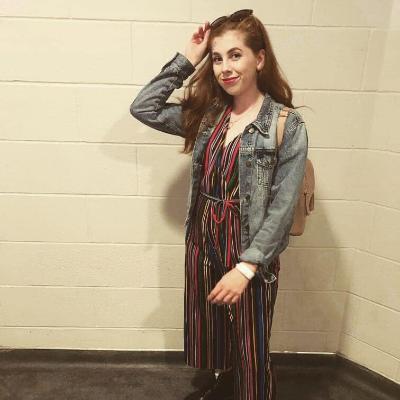In This Section
- Home
- MA in Women's Studies
- PhD in Women's Studies
- Teaching and Supervision Team
- History of Women's Studies at UCC
- Research and Events
- Conference Archive
- (09/10 -06-2017) Women's Voices in Ireland
- (02 -03-2017) Women's History Month Herstory Salon
- (19-06-2016) BodyStories Conference
- (04-09-2015) Performance, Politics, Protest
- (13-06-2017) Women and Austerity Conference Saturday 13th June
- (13-09-2017) Women and the media: feminist concerns
- (06-03-2014) Preventing and combating violence against women and domestic violence
- (01-03-2017) Paying the price to the uttermost farthing? Women and World War
- (15-06-2017) Irish Feminist Activism and the Arts
- (15-06-2012) Women in Politics: from Quotas to Representation
- (25-02-2012) From X to A B C: 20 Years On
- (18-09-2010) Moving in from the Margins
- (09-05-2009) Irish Feminisms and the Future
- (24-05-2008) Exploring Mothers: Discourses, Representations, Practices
- (09-06-2009) Mothering in Contemporary Ireland
- (17-06-2006) Buying Sex is not a Sport
- (27-05-2006) Irish Feminist Futures Postgraduate Conference
- (21-05-2005) If I knew then what I know now
- (12-03-2025) PG7044 International Women's Day Event: Jumping Generations - Revisited
- Graduate and Postgraduate Research
- Staff Research
- Conference Archive
- Graduate Opportunities
- MA students' blog posts
- Relevant Links
- Contact Us
The Handmaid's Tale and contemporary reproductive justice - Megan Fahy

Megan discusses Margaret Atwood's novel The Handmaid's Tale and its resonance with contemporary struggles for reproductive justice
I recently had a lecture on the topic of Reproductive Justice, Rights, and The Handmaid's Tale, a novel written by Margaret Atwood. This lecture resonated with me more than the others due to my involvement with the Repeal campaign last year and the toll it took not just on me but on everyone I was campaigning with. It was inspirational to see how strongly our society was fighting to repeal the 8th amendment so we would finally have some control over our own bodies. However, on the other side of this was an extreme backlash from the No campaigners and voters who used fearmongering and manipulation as their tactics. The arguments the No campaigners were using centred around ‘protecting the unborn’ and I was called a ‘murderer’ and ‘baby killer’ on many occasions. The No side was very willing to discuss all the other options such as adoption/fostering/keeping the pregnancy, but when it comes down to that child being born there is no more interest thereafter. There is no interest in the system in which adopted or fostered children are raised, and no interest in the homelessness crisis which children are being affected by. There is no interest in human beings, only human beings’ ability to reproduce. They don’t care about the quality of life these children will have. It comes down to the patriarchal institutions and society we live in, where harsh gender binary stereotypes are reinforced again and again. Women's role is seen as the one of the childrearing mother. When women deviate from this norm and are seen as sexual, they are then seen as ‘sluts’, and it is this label that anti-choicers attach to those who choose to have an abortion. The actual fact is that the majority of women who chose to have an abortion are mothers already and have a variety of reason for this choice, for example financial constraints. However, in my opinion, women don’t need to justify their reason to have an abortion – after all, it is their own body, and I believe they/we should be allowed to do as we please.
From our discussion of The Handmaid's Tale, I realised that this piece of fiction could be a somewhat possible reality. What is perhaps the most frightening thing is that now that we have repealed the Eight Amendment and have some reproductive rights, it is possible for these rights to be taken away. I have been following the fight for reproductive rights and justice in the U.S and the impact of the far-right policies being implemented in different states around the U.S. It is scary how, despite abortion being legalised in all states of the U.S. in 1973, after the landmark Supreme Court decision of Roe v. Wade, access to free, safe and legal abortion is constantly at risk, especially in more conservative States which have more limits on abortion. There is even a risk of Roe v. Wade being overturned due to the new conservative justices Neil Gorsuch and Brett Kavanaugh. On 5th April 2019, legislation was proposed in Alabama that would make carrying out an abortion at any stage of the pregnancy punishable by 10 to 99 years in jail. The strict abortion ban, which has been branded a ‘death sentence for women’, would even criminalise performing abortions in cases of rape and incest. The law is being proposed in an attempt to overturn Roe v. Wade in the Supreme court. If this is happening in American over 40 years after abortion was legalised, what is it going to be like in Ireland in 40 years? We’re going to keep having to fight those patriarchal institutions which value women solely for our reproductive capabilities and not for who we are as individuals, with the right to have control over our own bodies.
